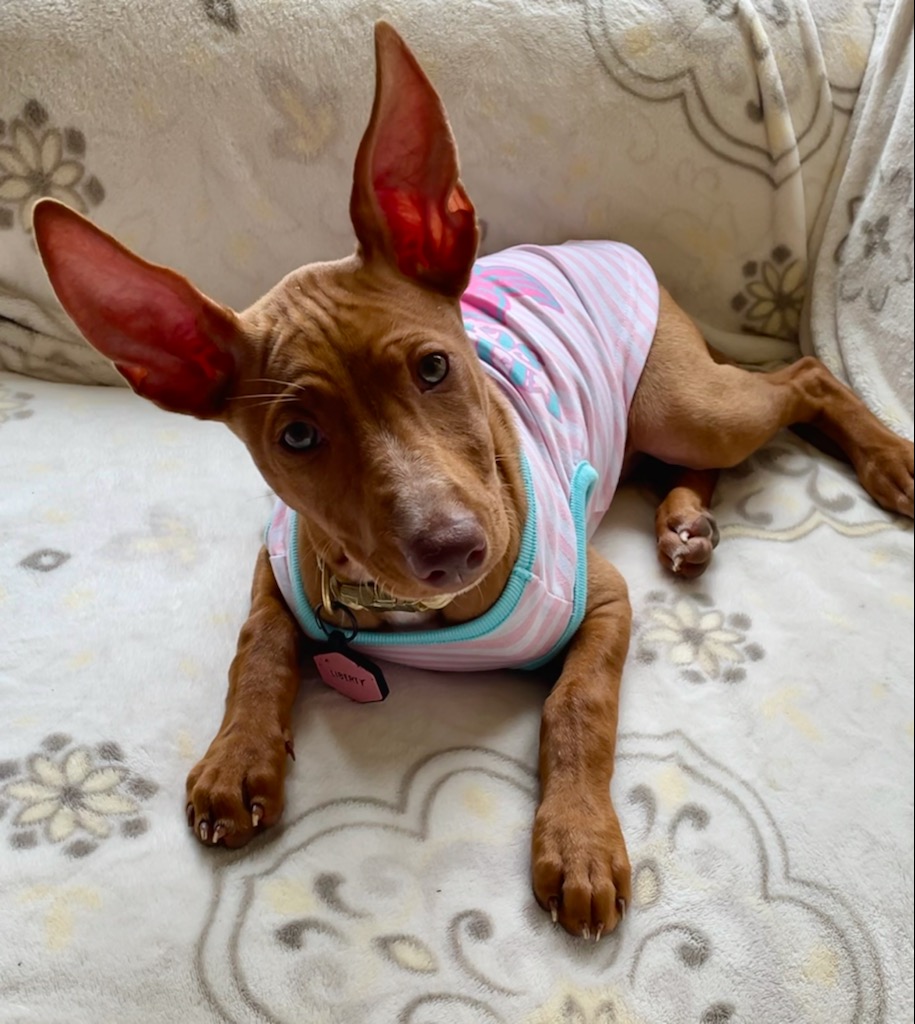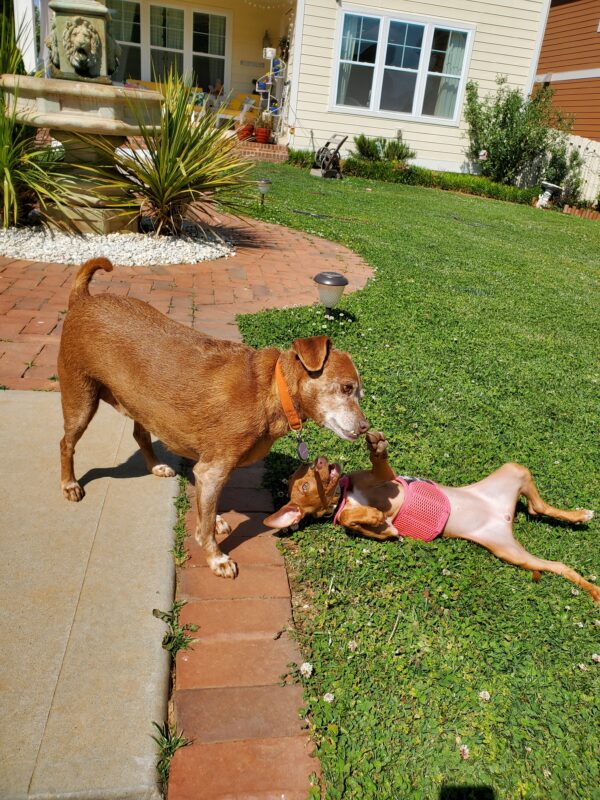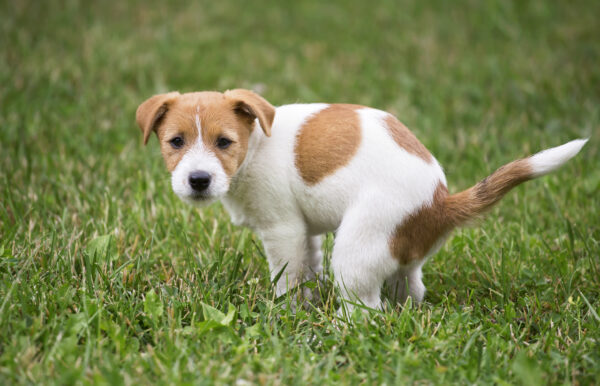Puppies eat a lot. So when your puppy isn’t eating, it’s concerning.
Medical or behavioral: These are the two main reasons why are puppy won’t eat, says Dr. Mondrian Contreras, of Carol Stream Animal Hospital in Illinois.
Medical reasons include:
- pain
- illness
- digestive problems
- nutritional issues
- anatomical concerns like teething
Behavioral issues include:
- stress or anxiety
- aversion
- texture
- general food preference
- stubbornness
My puppy isn’t eating! Is something wrong?
“It is not normal, but it is also not uncommon,” says Dr. Contreras. “Often, dogs of all ages will eat when they are hungry and they therefore only eat their required caloric amount per day. It is important to determine the reason why your puppy is having a decreased appetite and address it accordingly.”
Reasons puppy isn’t eating: Picky eater or sick puppy?
If your puppy isn’t eating, first determine whether he’s sick by observing his behavior.
“A puppy who is a picky eater is still active, playful and will eat intermittently,” says Dr. Contreras. “Sick puppies are lethargic, weak and losing weight.”
Parvo is a common puppy illness that causes a decreased appetite, says Dr. Contreras. But puppies can develop a variety of other illnesses including dental pain from teething as well as kidney or liver issues.
Dr. David Jones, of VCA Silver Lake in Washington, says distemper can also affect appetite, as well as some internal parasites. Any change in appetite or activity should arouse concern, especially paired with any gastrointestinal abnormalities like vomiting or diarrhea.
“If your puppy is not eating, it is important for them to get evaluated,” says Dr. Contreras.
My puppy isn’t eating: When should I see a vet?
“Your veterinarian should be contacted immediately if your puppy is not eating,” says Dr. Contreras.
As a general rule, puppies shouldn’t go without eating for more than 12 hours because they do not have enough fat in their bodies or a fully developed liver to store nutrients, he says. Not consuming enough food often enough may cause them to become hypoglycemic, called juvenile hypoglycemia. Signs of juvenile hypoglycemia typically include:
How to get a puppy to eat
Once you’ve determined your puppy is healthy without an illness, there are many ways to get your puppy eating.
Veterinarian tips for getting your puppy to eat include:
- Increase physical activity like play
- Let them play with their food by using enrichment feeders and puzzle toys like lick mats, snuffle mats and treat-dispensing toys
- Add food toppers to their meals like chicken broth, which enhance the smell
- Change diet by varying brand, type of food, texture (try moistening), etc. to help dogs who have a food preference
- Try hand-feeding
But, also keep in mind that an individual dog’s specific makeup may impact appetite. For example, Yorkshire Terriers are known for not eating a lot of food while Labrador Retrievers are well known to be active puppies and may require a lot of food, says Dr. Contreras.
“Activity can play a big role in our puppies’ appetite,” says Dr. Contreras. “Breed and size of dog can play a large role in the amount of food they eat. However, activity level and metabolism also play a role in the amount of food consumed and food requirements. Some dogs are extremely laid back or have slower metabolism and thus don’t necessarily have a big appetite.”
Large breeds grow faster and need more calories and nutrition to keep up.
Puppy isn’t eating: journal health habits
Pet parents know their pets well. Any change in attitude, appetite or activity could be concerning and warrant a visit to the vet, says Dr. Jones.
Puppies often change every day, so keep an eye on their behavior and note any unusual changes.
“Try to keep your puppy active, engage them daily and get to know their eating habits. Make sure they are healthy and have them regularly evaluated by their veterinarian,” says Dr. Contreras.
And of course, don’t forget to enjoy them — because they do grow up fast.






